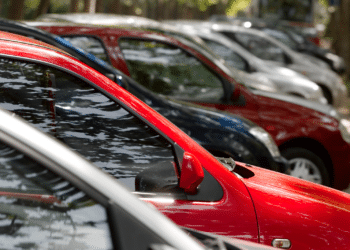NMAC’s Strategic Involvement in Alliance Drives Growth in Mexico, Canada

Nissan Motor Acceptance Corp. is leveraging its strategic partnership with the Renault-Nissan-Mitsubishi Alliance as it looks toward greater expansion in markets throughout North America, President Kevin Cullum told Auto Finance News.
“[The alliance] enables the expansion of our support responsibilities in North America for sales finance,” Cullum said. Overall, the alliance provides NMAC the opportunity utilize Renault and Mitsubishi to target specific markets where the separate brands’ presence is strong.
“Renault doesn’t have a presence in the U.S. or Canada, but they’re strong in Mexico,” Cullum said. “So our sales finance team is very involved with the Renault operations [in Mexico].”
Canada is another market in which NMAC has been able to grow, thanks to the addition of Mitsubishi to the alliance.
“[NMAC] became the captive finance arm for Mitsubishi [in Canada], and that partnership is going better than we could have hoped,” Cullum added.
As for NMAC’s role in the alliance, the captive provides dealer lending and supplemental retail support to the network, including supporting other vehicle service contracts for the insurance side of the business for Mitsubishi in the U.S.
Though Renault and Nissan have been in an alliance for two decades, Mitsubishi joined in September 2017, one year after Nissan Motor Co. acquired a controlling interest in the OEM and subsequently made Mitsubishi an equal partner in the alliance.
Since joining Renault and Nissan, Mitsubishi Motors North America (MMNA) has been in a “strong” position to deliver improved profitability, Chief Operating Officer Mark Chaffin previously told AFN.
In June, the alliance reported a 14% increase in annualized “synergies” — the result of cost savings, incremental revenues, and cost avoidance. These synergies grew to $6.7 billion in 2017, compared with $5.8 billion in 2016. MMNA, for one, has benefited from its first year in the alliance, which drove total sales of more than 10.6 million vehicles.
As for NMAC, outstandings grew 4.4% year over year, to $51.9 billion at yearend 2017, according to Big Wheels data.
















